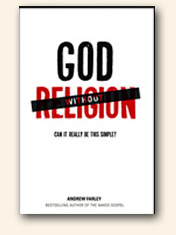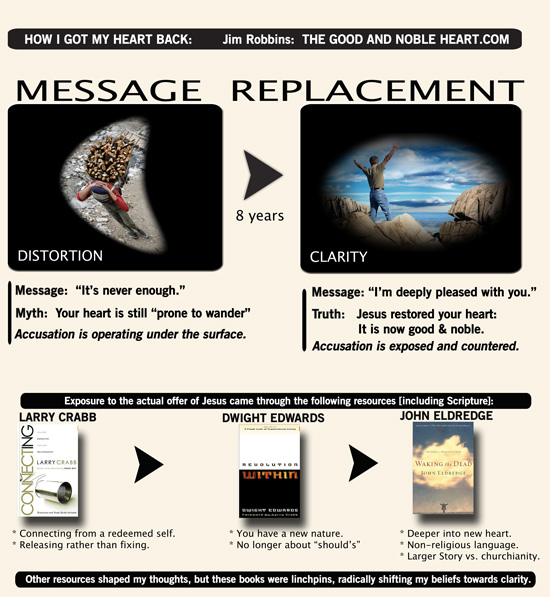 In order to be responsible parents who want their kids to grow up into caring and responsible adults, many of us, including myself, tend to sabotage our best efforts by the way we talk to our kids. Much of our conversation with our kids is laced with appraisal and evaluation:
In order to be responsible parents who want their kids to grow up into caring and responsible adults, many of us, including myself, tend to sabotage our best efforts by the way we talk to our kids. Much of our conversation with our kids is laced with appraisal and evaluation:
"Good job! with that art project. [positive evaluation]
"That was an unkind thing to say to your sister!" [negative evaluation]
Much of our talk is centered around value-judgements. As Alfie Kohn, author of Unconditional Parenting asks, Why do we call an art project a "job" in the first place, and why is it necessary for it to be declared "good" or "bad" necessarily? Is that even helpful for the moral development of a child?
Here's the caution: Relentlessly attaching a value-judgement to a child's efforts - either in order to offer "encouragement" on the one hand, or to offer criticism - can leave a child with the impression that their efforts are what win your approval. Even positive reinforcement can prove to backfire when attached to specific events or behaviors we want to see more of. It replaces intrinsic motivation ["I'm doing this because I know it's the right thing"] with extrinsic motivation [I'm only doing this to get more of dad's approval because he seems most happy when I meet his expectations."] See the difference?
Yet, as Kohn suggests,
The happy news is that it's not necessary to evaluate kids in order to encourage them."
It's about heart first. Then the behavior will tend to take care of itself.
If we are demonstrating our delight in our children on a continual basis [rather than when they meet expectations], regardless of their actions [positive or negative], they will be developing a healthy sense of their value and our unconditional acceptance of them. However, even offering praise as a means of reinforcing a positive behavior can quickly be interpreted by the child as, "Mom seems most happy with me when I'm behaving well and meeting her expectations." Here, we end up punishing them with praise, because that praise gets attached to specific behaviors, rather than reinforcing our ongoing, unconditional delight in them.
And if our children feel that nearly every conversation we have with them is a judgement call on how well they're doing, or failing to do, what are they likely to conclude? "I'm not enough for mom or dad."
What's wrong with evaluation?
What's wrong with evaluation, declaring certain things "right" or "wrong?" Nothing. We certainly want our kids to develop strong inner compasses and the strength of heart to act lovingly and respectfully towards others. But the better question is, "How do we get them there?"
Relentlessly evaluating our child's every act and motive may, in fact, backfire. It could cause them to become overly obsessed with their effort, with their behavior, and conclude that pleasing us is contingent upon meeting our expectations.
Kohn offers two examples as alternatives to evaluation:
{1} Describe: Give feedback on what you see. Rather than, "You're such a great helper!" you can say, "You set the table! Boy, that makes things a lot easier on me while I'm cooking."
{2} Ask questions: Rather than, "Good sharing, Michael" we can ask, "What made you decide to give some of your brownie to Deirdre when you didn't have to?" Asking questions helps the child self-reflect, which is what we really want. Conversely, if we simply declare something right or wrong, we shut down that opportunity for the child to reflect on her actions.
Tone follows mindset:
But notice that our tone and intent can distort even our best intentions, whether we choose to describe or ask questions. The important thing is that our mindset changes from, "How can I get my kids to behave?" to "How can I offer them the safety of my unconditional affection for them?"

"The fact is, you've had five husbands"
Remember Jesus' conversation with the Samaritan woman, the serial monogamist? Notice, in this case, that he doesn't evaluate her behavior. He tells her what he knows, but, strangely, doesn't condemn it:
He told her, “Go, call your husband and come back.”
17 “I have no husband,” she replied.
Jesus said to her, “You are right when you say you have no husband. 18 The fact is, you have had five husbands, and the man you now have is not your husband. What you have just said is quite true.”
Jesus could have said, "You're living an immoral life and your promiscuity is displeasing to God." But he doesn't approach her that way. His talk is not laced with evalution. His goal is to offer her life, not condemnation.
Because Jesus offers his insider knowledge of her lifestyle without judgement, she is able to tell the townsfolk, without shame, "Come and see a man who told me everything I ever did!" How would she have felt safe enough to publically declare his knowledge of her promiscuity without first experiencing his non-judging presence?
Remember, the goal is to offer life to our kids, co-workers and spouses. Connection without condemnation.
Update on Thursday, February 16, 2012 at 4:32PM by
 Jim Robbins
Jim Robbins
One of the most helpful questions adults can ask is:
"Would I treat another adult the way I'm treating this child? Would I react to another adult this way, to their face?"
Children and teens ought to find in us a place of refuge: No matter how bad a day we're having, or whether we've "Told them a hundred times" to pick up their clothes. What matters is the child's perception of how well we're treating them.
Can children have faulty perceptions and misunderstand our intentions? Of course. But just because we believe we're "correcting them out of love" or want to assure ourselves that, "Even if I react harshly, of course they know I still love them" doesn't mean they're experiencing your love for them.
What they're experiencing from us will often be more telling that what we were intending. Meaning well is not always the same as loving well. Adults often get away with addressing kids in a way they'd never address another adult, their own clients, or coworker.
We have the power of a new heart to offer our kids a wildly gracious love - Remembering that is half the battle. You do love your kids...It just takes a little re-aligning of our responses to them to make a big difference in how they perceive our love.
 Saturday, February 11, 2012 at 12:00AM
Saturday, February 11, 2012 at 12:00AM 



































